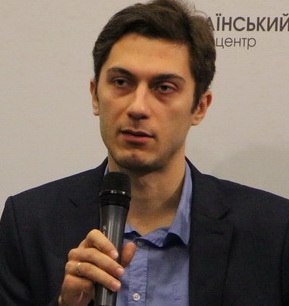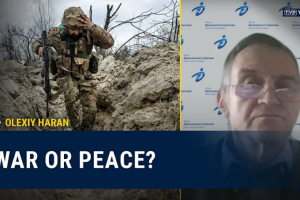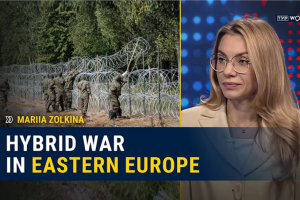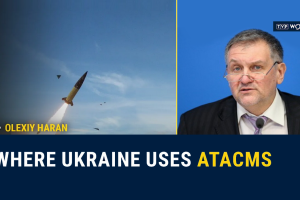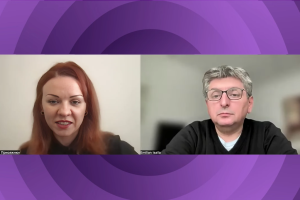NAPC overhaul: what will be the consequences for the fight against corruption?
Olexii Sydorchuk Political analyst, Democratic Initiatives Foundation | On April 29 Premier Volodymyr Groisman called on the head of the National Agency for Prevention of Corruption (NAPC) Natalia Korchak and other members of this body to resign accusing them of disrupting the second phase of electronic declaration of incomes of high-standing government officials and politicians. Korchak refused to tender her resignation and cleared herself of responsibility for the problems with the functioning of the electronic system of declaration of incomes accusing the State Service for Special Communications and the Protection of Information (SSSCPI). Yet, seeing as the Cabinet of Ministers does not have the right to dismiss members of the NAPC, the Ministry of Justice began drafting a bill, which will grant the government such power. |
The reason for criticism of the NAPC was the malfunctioning of the electronic portal on the NAPC website through which officials were supposed to submit their electronic income declarations over the course of two weeks prior to April 1, the deadline for the submission of declarations. Taking into account similar defects that appeared during the first phase of declarations, it is highly likely that both NAPC and the SSSCPI bear responsibility for the poor functioning of the electronic declaration system. At the same time, given the previous evidence of the vulnerability of both bodies to political influence from the president and the government, the problems with electronic declarations probably arose with the blessing of the highest state officials.
Clearly, the future of the NAPC will depend on the interests of the president and the government. If the Cabinet of Ministers is able to draft a bill, which will allow it to dismiss NAPC members, it is clear that votes in support of this bill will fairly quickly be found in the parliament. Then the overload of the anti-corruption agency will simply be a matter of time. Such a course of events could have a number of different repercussions.
On the one hand, the political dependence of the majority of NAPC members and routine conflicts between them seriously obstruct its effective functioning: over nearly a year of its work this body failed to institute the system of review of declarations and in its several attempts to bring to justice top officials political motives were quite evident. Given the imperfect procedure of review of declarations and the absence of an automated review system, it can hardly be expected that that the NAPC will analyze declarations filed in the second phase of reporting with a fine-toothed comb. For this reason, the revamping of its personal staff could significantly enhance the professional capacity and independence of this body.
On the other hand, if a tender for the filling of positions of NAPC members will once again be conducted under the control of the government or the president, the overloading of this body will, on the contrary, exacerbate the situation as it will postpone the review of electronic income declarations for an indefinite period of time. It is quite probable that representatives of key bodies of power are counting precisely on such a development of events. In that case much will depend on the ability of civil society and its international partners interested in Ukraine’s progress in the fight against corruption to ensure maximum transparency and balance in the process of selection of new NAPC members.

